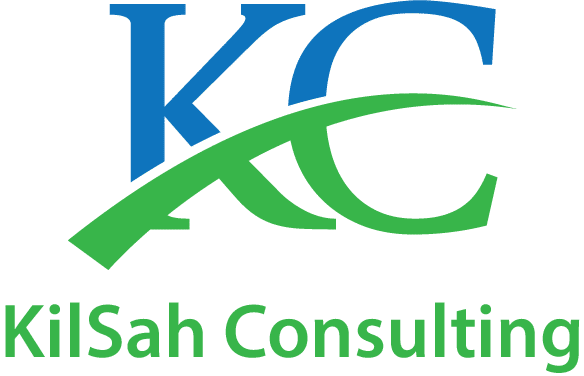World Intellectual Property Day
There are several organizations on the African continent that empower small business owners in Africa. Examples include KilSah Consulting, which in partnership with governments, development agencies, and non-profits, develops and implements initiatives that promote MSMEs development. In the field of intellectual property (IP) and women entrepreneurship, Grooming a Successful Woman with Intellectual Mind (GSWIM) mentors groups of innovative, creative, and visionary women in Uganda to make, brand, and sell quality handcrafts and food products to boost their economic development.

The World Intellectual Property Organization (WIPO) designated until 8 May 2021 for celebrating World Intellectual Property Day, 26 April 2021, which has as its theme, “SMEs: Taking your ideas to the market.” As part of this celebration, WIPO, with the support of the Ministry of Justice and Constitution Affairs of Uganda and GSWIM, organized a workshop on branding and product development where a group of women entrepreneurs finished with a resolve to use intellectual property (IP) for the growth of their businesses. The workshop highlighted a number of things including the purpose of intellectual property on small entrepreneurs; the potential of women entrepreneurs and; the role of reliable partnerships.
Starting now, starting small: The purpose of intellectual property for small entrepreneurs
Research has shown there are few women in innovation worldwide, with women contributing only 16% of the total innovation. The situation is even worse in Africa, and certainly much deplorable in an LDC like Uganda. But this doesn’t mean that the continent in general and Uganda in particular cannot benefit from using intellectual property for economic development.
World Intellectual Property Day 2021 shines a light on the critical role of small and medium-sized enterprises (SMEs) in the economy and how they can use intellectual property (IP) rights to build stronger, more competitive and resilient businesses.
When I was growing up, in my village every household owned at least one mutuba tree (Ficus natalensis). The bark of the tree was harvested periodically and transformed into cloth (backcloth) which could be used to produce various useful articles. It was not exploited for commercial purposes or protected by intellectual property. It was owned by the community. Much as it was possible to protect the products by various IP tools including collective marks and trademarks, this was not done, thanks to limited knowledge about IP and the commercial value of the bark fleece.
Now backcloth is protected by foreign companies, for example, Skylepark, which own eco-certified farms in Uganda but have their company in Germany, under trademarks such as BARK CLOTH®. This is one of the many stories that emphasize the importance of starting small and the need to protect any creative activity by IP.

The potential of women entrepreneurs in Uganda
According to the National Business Survey Report for Uganda, MSMEs collectively constitute about 90% of private-sector production and employ over 2.5 million people. Women, like the one stretching the back tree fleece, contribute to the success of SMEs. On the other hand, they have the potential to become entrepreneurs and own IP assets. For example, innovative and creative women transform many objects like tires, cut-offs from cloth, banana peels, into useful commercial products. With the right mentorship on product development and their commercialization, these women can realize their dreams of using IP for economic development.

Partnerships in e-commerce
Catherine Saez’s interview shows how WIPO Encourages Participation Of Women In Intellectual Property System. It provides a glimpse of how the WIPO supports women entrepreneurs to protect their innovations by IP. Examples of featured innovators include Rose Twine of Uganda who created her solar power-driven EcoStove to heat stones as a cooking element and also charge mobile phones and other small appliances. She is currently commercializing her creation. It might be useful for other entities to get involved and provide support on product development and keeping the products on the market.
For IP to meaningfully facilitate the economic development of Ugandan women entrepreneurs, there is a need for reliable internal and external partnerships that support the marketing, e-commerce, or digital trade of various IP-protected goods within and outside Uganda. Examples include government entities like the Ministry of Justice and Constitution Affairs and external international intergovernmental partners like the WIPO, Enhanced Integrated Framework’s (EIF) recently launched e-commerce training program and portal, as well as non-governmental enterprises like ILaED.ORG and GSWIM.
Written by Susan Isiko Strba – Susan is an intellectual property and international trade specialist. She is also a co-founder of the International Lawyers and Economists for Development.


